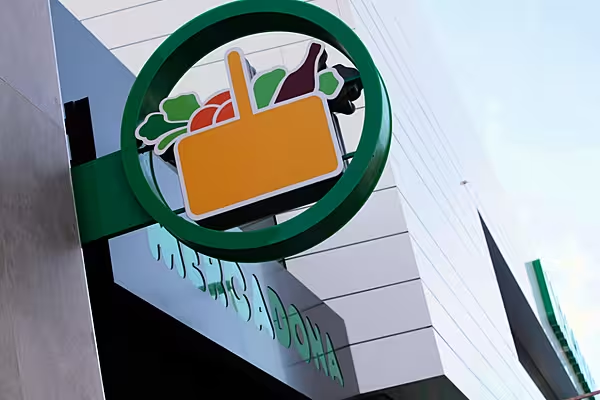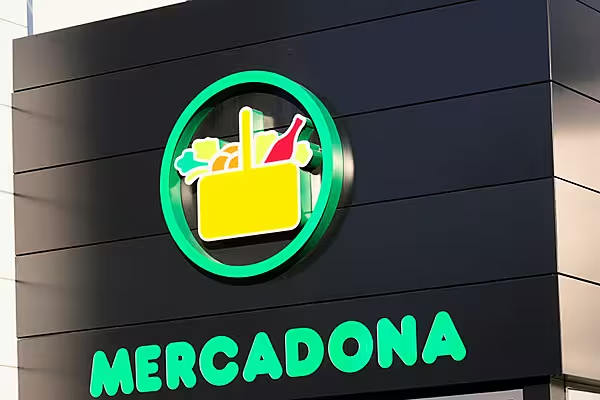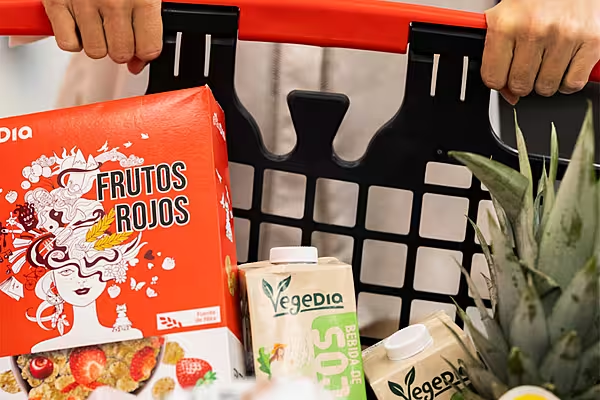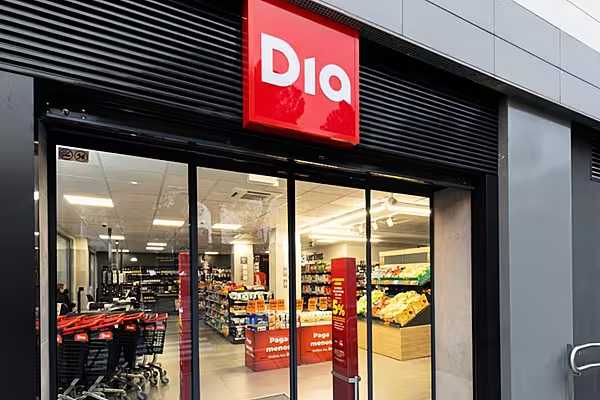Last week, Spanish retailer DIA reported that it achieved sales of over €10 billion in 2017, boosted by double-digit growth in its South American business.
However, in the group's home market of Spain, sales fell by 3.8%, compared to the previous year.
Competition in the Spanish food retail market is increasing, and ratings agency Moody's says that, going forward, this will be credit negative for DIA and other retailers operating in the region.
"This is because companies with declining market shares, such as Auchan and Eroski, may cut their prices to bolster their competitive position, eroding profit margins," said Vincent Gusdorf, vice-president and senior analyst at Moody's.
Price Cuts
At the start of 2017, Spanish supermarket operator Mercadona began a €180 million store-refurbishment project and committed to cutting its prices.
According to market share figures from Kantar Worldpanel, the retailer then saw its share increase by 1.2 percentage points during the year, to 24.1%.
Meanwhile, the cumulative market shares of rival grocers Auchan, DIA and Eroski fell by a total of 0.7 points.
In its trading update last week, DIA said that this decline was partly due to the closure of some of its underperforming stores, and that it cut prices during the second half of the year in a bid to remain competitive.
Market Outlook
Although DIA's EBIT fell by 16% in 2017, Moody's anticipates that it will stabilise this year, due to the annualised effect of cost savings and because of plans to refurbish 880 stores in the first half of the year.
"Cost savings and store refurbishments will support revenue growth during the second half," said Gusdorf.
"We also think that DIA will expand its store base, which will support its market share and sales, and will extract better procurement terms from its suppliers, thanks to its alliances with other retailers such as Casino," he added.
However, for French retail groups Carrefour and Auchan, which have operations in Spain, Moody's forecasts that competition will be exacerbated by the continued decline of the hypermarket format.
In 2017, hypermarkets' share of Spanish consumer goods sales fell by 0.3 points, to 13.3%.
"We believe the Spanish market will remain more profitable than others in Western Europe," added Gusdorf. "If necessary, Carrefour will be able to use part of the savings generated by its transformation programme to cut its prices."
Overall, Moody's says that the Spanish food retail sector will remain supported by economic growth and limited expansion of online retail, and forecasts GDP growth of 2.3% in 2018 – some of the strongest growth in the Eurozone.
© 2018 European Supermarket Magazine – your source for the latest retail news. Article by Sarah Harford. Click subscribe to sign up to ESM: The European Supermarket Magazine.














